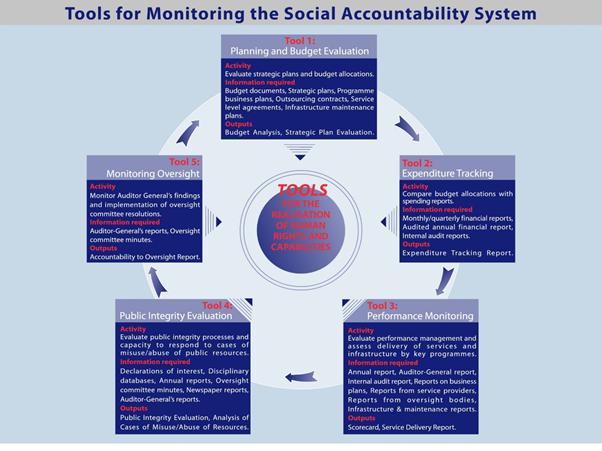We have referred a lot to the RLP in our initial posts. Gertrude said it was called the Regional Training Program and it’s changed the focus to learning. If you are not part of the Community, apologies- we have probably not introduced the program and the team well enough! Here is a brief attempt, so that I can get to a point I want to make.
The Regional Learning Program and its Community is bigger than this pilot. Every year, several times a year, the team trains people (and those that would like to become trainers) on social accountability. I attended their Grahamstown Fundamentals course with a group of people from Malawi and Tanzania; Uganda and Mozambique. There were civil society individuals, a member of parliament, and a trainer, among many others. Sure I am forgetting many – so I am ready to hear about it in the WhatsApp group! Yes- months after the course, there is a VERY active WhatsApp group. Fundamentals is very intense – do not let anyone tell you otherwise.
You’ll probably hear about the course many times in this blog. For now this is what you should know: in Fundamentals it is all about getting and working the SYSTEM. Not a one social accountability tool or another; not just a focus on the budget or the integrity institutions. It is about juggling many pieces of the public resources management system, bringing them together and linking them so that they contribute to progressively achieve rights. In the two weeks of Fundamentals, you look at each part of the system with a magnifying glass and then you zoom out to get the big picture. Sneak peak in the graph.
Many – and I mean hundreds – from across Southern Africa have been trained in this course in Grahamstown. Also, there are localized versions of the courses that PSAM supports. I learned anecdotally that in some countries funders and civil society groups have been through the training and use its insights in other capacity building efforts. Question: directly or indirectly, how many people across the region have been trained in PSAM’s rights, systems approach to social accountability? Fear not Elsie and Yeukai, we are not head-counting in the pilot! As Gertrude says: “we should not focus our MEL systems on the number of seats trained and things that are relatively easy to measure over things like depth of engagement, improved understanding of PRM systems and the extent to which this deeper understanding is being used to develop more strategic advocacy interventions, the nature and extent of systemic change.”
If you really want to learn about it you should get in touch with the RLP’s training coordinator at psam.training@ru.ac.za
Training is a big part of RLP, but Gertrude also warns ““we and our partners need to avoid falling into a trap of becoming training focused in our strategies.” What else does RLP do? RLP also partners with organizations after they go off to apply the Fundamentals’ approach across Sub-Saharan Africa. It’s a numerous and diverse crowd. Some RLP community members are INGOs, others national and local NGOs. Some are small organizations, others are the tip of the iceberg – leads of large networks of civil society groups who in turn mobilize others. They come from different country contexts. They use and navigate the system to realize different rights. Land? Check. Health? Check. Housing? Check ….
The RLP team has a regional community to continue learning – that is where we got the diagnostic and OK for this exercise. Yep, despite diversity there is common ground!
The RLP team also tailors partnerships with organizations and groups of organizations in countries. This brings me (finally!) where this blog post started: Gertrude and the RLP Program Officers. They are the ones who do the work of nurturing these partnerships day in and day out in Tanzania, Mozambique, Zambia and Zimbabwe, respectively.
I had to highlight the RLP Program Officers. When I think about Bulawayo there is this whisper that keeps popping up in my head: “I know my people”. Translating the whisper in context: you should pay closer attention to “my people”’s expressions. They are not really into this idea as they may seem to you. I know, I can be aware and resist but it is not hard to look like the Chapulin Colorado! Well, at least, listening to the whisper and putting it in perspective – that will come in handy in this rollercoaster ride. Different perspectives.
Want to know who helped out? If you are part of this community, you may have already guessed. If not, perhaps if you stick around you’ll figure out!
Florencia Guerzovich
